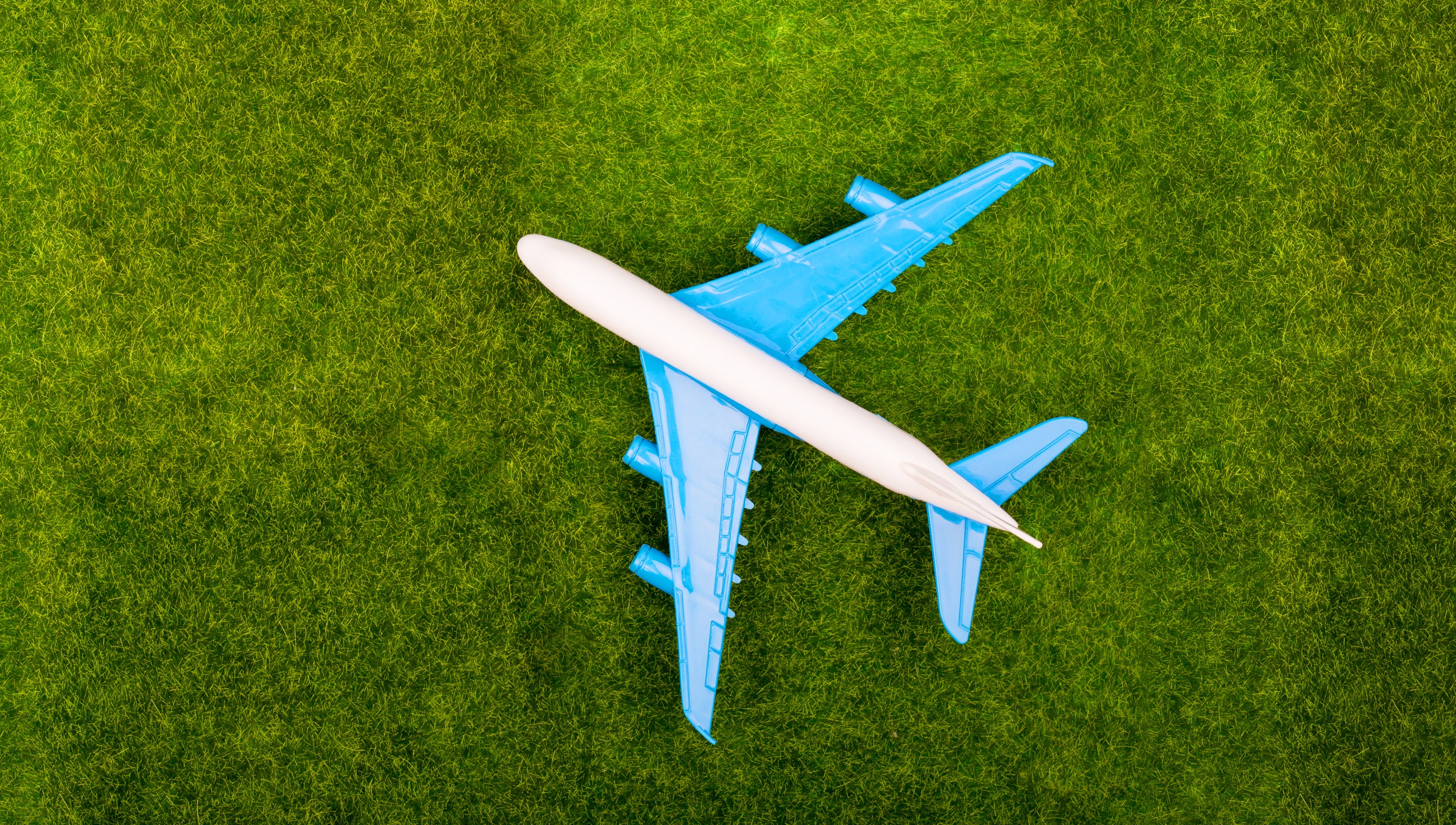Earlier this month, Prince Harry, the Duke of Sussex, announced the launch of Travalyst, a global initiative that promotes sustainability in the travel and hospitality industry. The consortium—which includes a mix of well-known brands like Booking.com, Ctrip, Skyscanner, TripAdvisor and Visa, as well as consumer and community groups—aims to be “a catalyst for change” within the world of travel.
While Travalyst may bring new energy and attention to the issue, many established travel brands will be quick to point out that sustainability has long been part of their business. For example, earlier this year, Marriott announced that it would discontinue single-use shower toiletries globally by 2021. Once fully implemented, this program is expected to eliminate 500 million bottles per year, or roughly 1.7 million pounds of plastic. Hyatt has rolled out an aggressive waste reduction program that aims to double the percentage of North American locations with food donation programs by 2020. Other hospitality brands are offering loyalty program incentives for guests who opt out of daily housekeeping services or fresh linens and towels.
“We are finally beginning to see real progress as businesses consider their long-term environmental impact,” says David Taylor, Travel & Hospitality Strategy Lead at Publicis Sapient. “I love these types of efforts as they address both guests’ environmental interests and contribute toward the hotel’s bottom line. These types of initiatives have a real opportunity to scale, however I believe there is more to be done for the industry to be seen by customers as a leader on environmental issues.”
Justin Plumridge, Vice President, Data Science & Analytics agrees. “For airlines, sustainability efforts are big drivers of cost. For organizations that experiment with technology or alternative fuel sources, there can be a significant ROI.”
Plumridge says that airlines are working with manufacturers and technology companies to improve aircraft fuel efficiency. These planes use real-time data to provide recommendations and modifications to pilots, such as when to lower or raise altitude or increase the aircraft’s speed, which can help reduce carbon emissions while also increasing fuel efficiency.
Airlines have also devised strategies to improve fuel efficiency through weight reduction—from switching to lighter, more fuel-efficient aircraft to reducing the weight limit of carryon bags. Last year, United Airlines even switched to a lighter-weight paper for its in-flight magazine, reducing the weight of each item by one ounce and saving the airline nearly $300,000 per year.
Optics count – but results matter
One important aspect of sustainability programs is consumer engagement. While society has become more eco-conscious, many people are unwilling to pay more for green travel and hospitality services.
“Sustainability efforts for the travel and hospitality industry have traditionally been a balance of corporate responsibility and optics,” Plumridge says. “Efforts to reduce or reuse are generally tied to corporate social responsibility, public relations or marketing. For airlines, offering carbon offsetting programs typically have low engagement, which begs the question if they really have a long-term impact. However, it’s a step in the right direction and gives the consumer a choice.”
Consumer participation in these efforts is key as the number of travelers worldwide continues to climb. According to the United Nations World Tourism Organization, 1.4 billion people traveled internationally last year—a figure that is expected to climb to 1.8 billion by 2030.
“More people are traveling and that’s not expected to change,” Plumridge says. “The industry has a true responsibility to invest in their future. If airlines, in particular, do not take proactive steps to reduce their carbon footprint, then governments may consider issuing guidelines or regulation to require them to do so.”
Plumridge points to Air New Zealand as a prominent example of how airlines can become more eco-friendly. The company, which aims to be carbon neutral post 2020, has implemented a variety of tactics to combat climate change and reduce its carbon footprint, including: earmarking $1.5 billion in new and more efficient aircraft over the next four years; investigating local and global biofuel research opportunities; launching a FlyNeutral carbon offset program for travelers. The airline also switched to using electricity to power aircrafts at the gate, which has eliminated more than 4500 tons of carbon annually.
“It can be done,” Plumridge says. “If you look outside the organization at things like reforestation and other environmental programs, then it is possible to be carbon neutral—even in this industry.”
To learn more about Publicis Sapient’s Travel and Hospitality practice and sustainability efforts, please contact Justin Plumridge or David Taylor.









